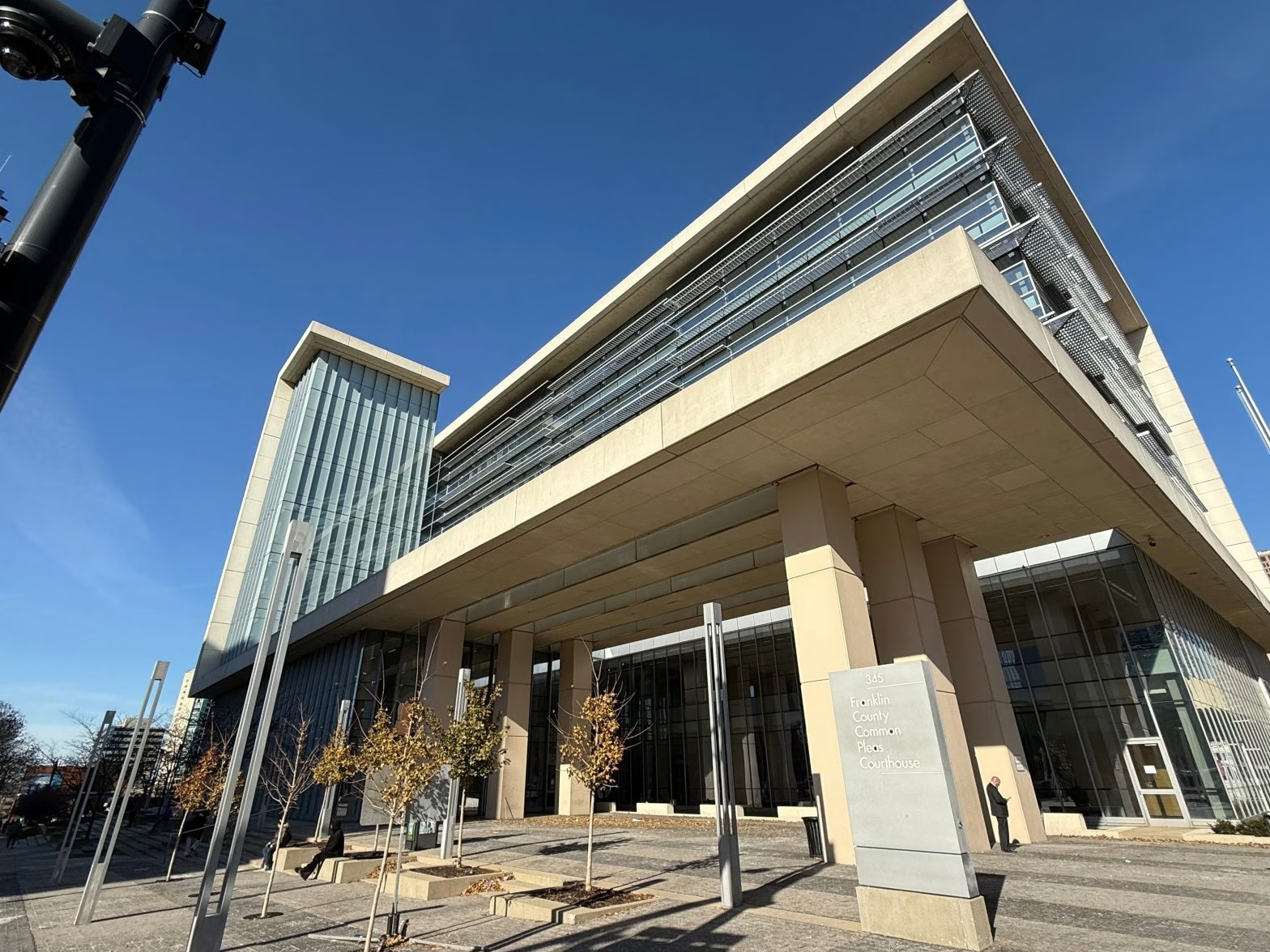Tennessee Must Fully Fund Pre-K Special Education, West Tennessee Districts Demand
Tennessee school districts are facing a growing financial burden as they continue to fund special education pre-kindergarten programs without consistent state support. These programs, which serve children as young as 3 with disabilities, are being paid for by local school districts using K-12 funds, even though the state’s funding model does not account for these students until they reach kindergarten.
According to a February 2025 state analysis, more than 9,900 pre-K students in Tennessee require special education services. Federal law mandates that schools provide these services, which often include costly therapies and additional staff. However, the Tennessee Investment in Student Achievement Act (TISA), adopted in 2022, does not factor in these students, leaving districts to cover the costs out of their own budgets.
The Germantown Municipal School District is one of many that have been shouldering this expense. The district spends over $800,000 annually on its special education preschool program, receiving only around $23,000 in state grant funding. Superintendent Jason Manuel explained that each preschool classroom requires a highly specialized team, including a dually certified teacher, two paraprofessionals, therapists, and sometimes a nurse. The total cost per classroom can range from $143,000 to more than $200,000 annually, depending on student needs and staffing.

In September, the Lakeland School System’s board of education unanimously approved a resolution urging lawmakers to amend the TISA formula to include special education pre-K students. This move renews a broader push by the Tennessee School Boards Association to address the funding gap, following a stalled bill in early 2025.
Rep. Mark White, a Shelby County Republican who sponsored the 2025 legislation, emphasized the need for state support. “If the federal government and state government are going to require this, then I think it’s essential that we address this,” he said. While White plans to reintroduce the issue next year, he acknowledged that the estimated costs of fully funding the program have slowed progress. Legislative analysts previously estimated that the bill would cost the state more than $159 million annually.
Local educators, however, believe the estimate was inflated and may have overestimated the number of children included in the program. “We are asking whatever the figure is, give us 20% of it, give us 40% of it. It needs to be recurring dollars, or it doesn’t make sense,” White said, noting that districts need reliable funding rather than less stable grants.
Last year, the Germantown district served 56 pre-school students with disabilities, ranging from development delays to hearing impairments. These students required services such as physical and speech therapy. Due to federal and state laws mandating class size and inclusion of special education students alongside general education peers, the district enrolled 65 other students in the program and spread them across eight classrooms.
Lakeland schools this year staffed four classrooms for 34 special education pre-K students aged 3-5 and served 25 general education students in the same classrooms. The annual cost for these programs exceeds $617,000, which Lakeland must pull from other programs funded through TISA.
“Over the past several years, Germantown and Lakeland have worked together to raise awareness of this funding gap,” Manuel said. “Our school boards and leadership teams have met with legislators and even the governor’s finance team to advocate for a fix. Everyone agrees it’s needed, but it hasn’t yet been included in the governor’s budget.”
District leaders in West Tennessee say they’ve encountered misunderstandings about how special education pre-K programs work and are funded, even among state officials responsible for education oversight. “Another reason this issue has been overlooked is confusion at the state level between voluntary pre-K programs and special education preschool programs,” Manuel said. “Voluntary pre-K serves at-risk students based on income, while special education preschool serves students ages 3-5 with developmental delays or disabilities — it’s not optional; it’s required by law.”
Voluntary pre-K receives approximately $85 million in state allocated funding, but Lakeland and Germantown are among the few districts in Tennessee that do not have voluntary pre-K programs. Even districts that receive voluntary pre-K funding are not being funded for separate special education students and classrooms.
Lakeland leaders last month expressed frustration at trying to bring attention to the issue at the state level, where it first stalled in 2024 over misunderstandings about what funding was available. Lakeland board member and legislative liaison Michelle Childs also criticized the focus on private school choice at last year’s special session over fully funding special education pre-K classes.
“We’ve explained it pretty well,” Childs said. “They just made the choice that they wanted to fund private school vouchers over special needs kids.”
- Kolaborasi Kalbe dan Kemendiktisaintek Dorong Hilirisasi Riset via RKSA - December 16, 2025
- Cahaya Kepedulian PLN, Bantu Guru Pondok Pesantren Darul Khoir Arrosyid - December 16, 2025
- 100 Soal & Kunci Jawaban Bahasa Inggris Kelas 3 SD Semester 1 (Kurikulum Merdeka 2025) - December 16, 2025




Leave a Reply